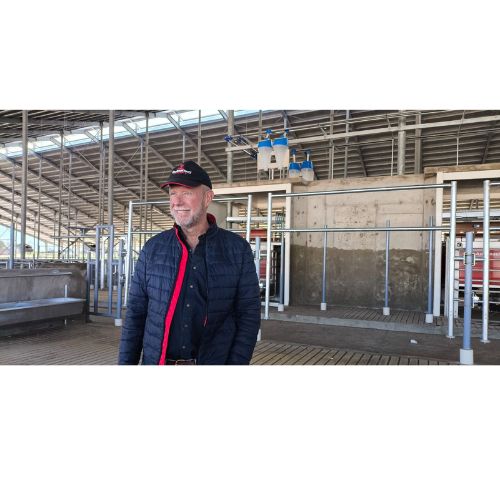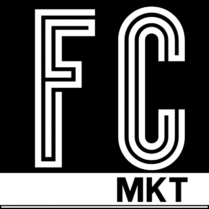Argentina’s $50 Million Robotic Dairy Farm: A New Era in Sustainable Agriculture
In the heart of Argentina’s agricultural belt, a revolutionary dairy farm is taking shape—one that promises to redefine the future of milk production globally. The Duhau Group, a prominent Argentine family enterprise, is investing over $50 million USD to build one of the most technologically advanced dairy farms in the world. Located in Lincoln, Buenos Aires Province, this ambitious project blends cutting-edge robotics, animal welfare, and environmental sustainability into a model that could become the gold standard for modern agriculture.
A Technological Leap: 96 Robotic Milking Units
At the core of this futuristic dairy operation are 96 robotic milking machines manufactured by Lely, a Dutch company renowned for its agricultural automation. These robots allow cows to be milked voluntarily, eliminating the need for human intervention and rigid milking schedules. Each cow decides when to approach the robot, which scans her ID, cleans her udders, and begins the milking process—all while collecting real-time data on milk quality, yield, and animal health.
This system enhances animal welfare, a growing concern among consumers and regulators. By reducing stress and allowing cows to follow their natural rhythms, the farm expects to increase average milk production from 30 to 40 liters per cow per day.
Housing 6,000 Holando-Argentino Cows
The farm will accommodate up to 6,000 Holando-Argentino cows, a breed known for its high milk yield and adaptability to Argentina’s climate. These cows will live in climate-controlled barns with sand beds, ensuring comfort and hygiene. The facility is designed to mimic natural conditions as closely as possible, with ample space for movement, rest, and social interaction.
Sustainability at Scale
One of the most impressive aspects of the Duhau dairy farm is its commitment to sustainability. The entire operation will be powered by solar energy, reducing its carbon footprint and dependence on fossil fuels. Additionally, the farm will implement advanced waste management systems that recycle manure into fertilizer and reuse water for cleaning and irrigation.
This closed-loop system aligns with global trends toward regenerative agriculture—a practice that restores soil health, conserves water, and promotes biodiversity.
Data-Driven Agriculture
The integration of robotics and artificial intelligence allows for precision farming. Each cow is monitored individually, with data collected on her health, diet, and milk output. This information is analyzed to optimize feeding schedules, detect early signs of illness, and improve overall herd management.
The farm’s digital infrastructure will also enable remote monitoring and predictive analytics, allowing veterinarians and farm managers to make informed decisions in real time. This level of control and insight is unprecedented in traditional dairy farming and represents a major leap forward in agricultural efficiency.

Economic Impact and Job Creation
While automation often raises concerns about job displacement, the Duhau project is expected to create hundreds of skilled jobs in areas such as robotics maintenance, data analysis, veterinary care, and sustainable farming practices. The farm will also serve as a training center for agricultural professionals, offering workshops and internships to share knowledge and promote innovation.
Moreover, the project is likely to stimulate the local economy by attracting suppliers, service providers, and tourists interested in agri-tech. Lincoln, a town historically rooted in agriculture, could become a hub for agricultural innovation and education.
Argentina’s Strategic Position in Global Dairy Markets
Argentina has long been a major player in global agriculture, known for its beef, soybeans, and wine. However, its dairy sector has lagged behind in terms of modernization and export competitiveness. The Duhau farm aims to change that by setting a new benchmark for quality, efficiency, and sustainability.
With rising global demand for premium dairy products, especially in Asia and the Middle East, Argentina is well-positioned to expand its market share. The farm’s output will meet international standards, making it easier to access high-value markets and command better prices.
A Model for the Future
This project is a vision for the future of agriculture. By combining robotics, sustainability, and data science, the Duhau Group is demonstrating that large-scale farming can be both profitable and environmentally responsible.
The farm will likely inspire similar initiatives across Latin America and beyond, especially as climate change and population growth put pressure on food systems. Governments, investors, and farmers will be watching closely to see how this model performs and whether it can be replicated in other contexts.
